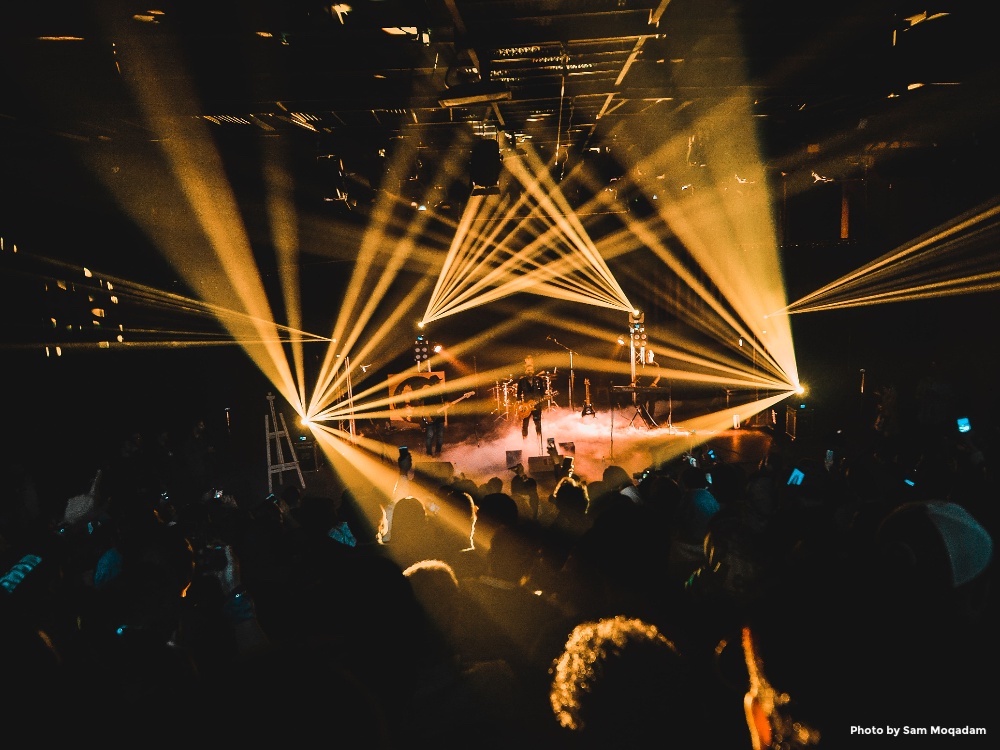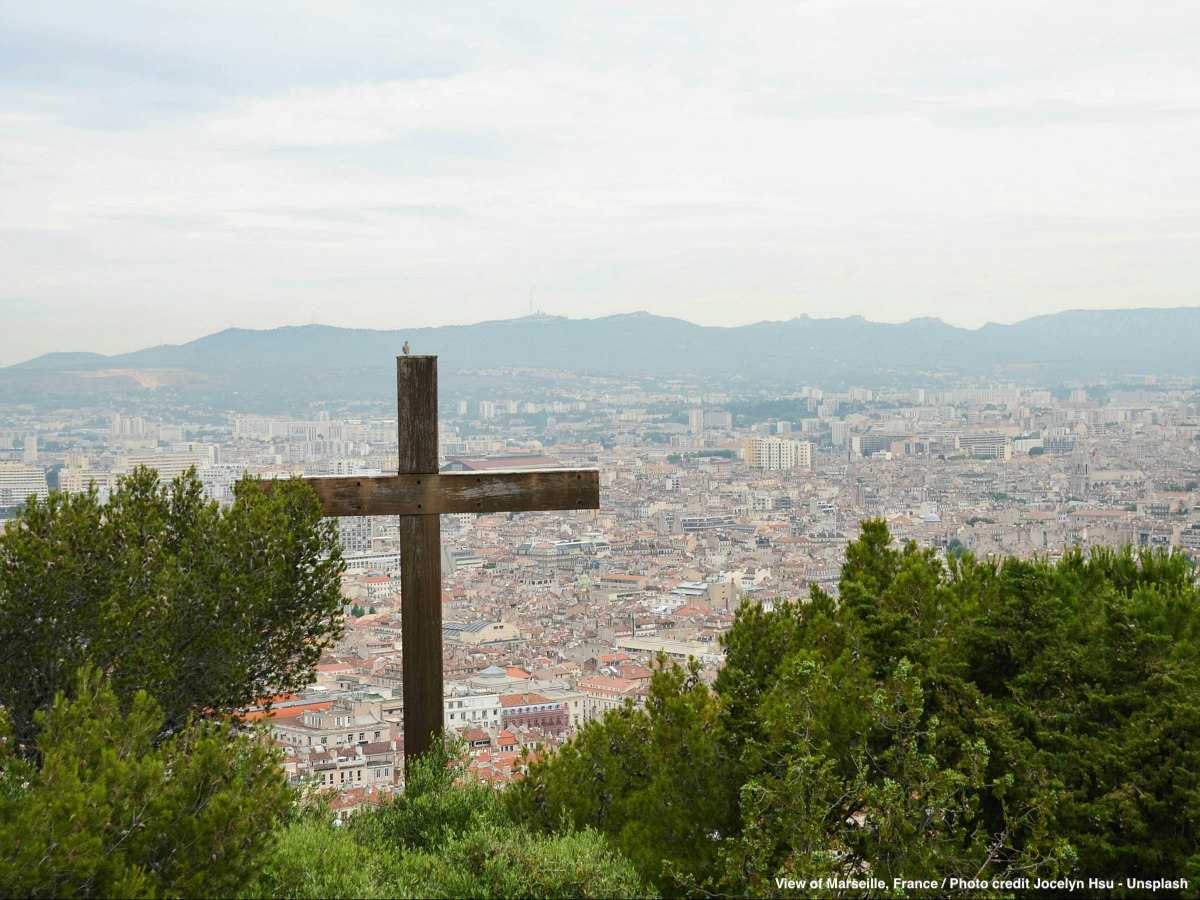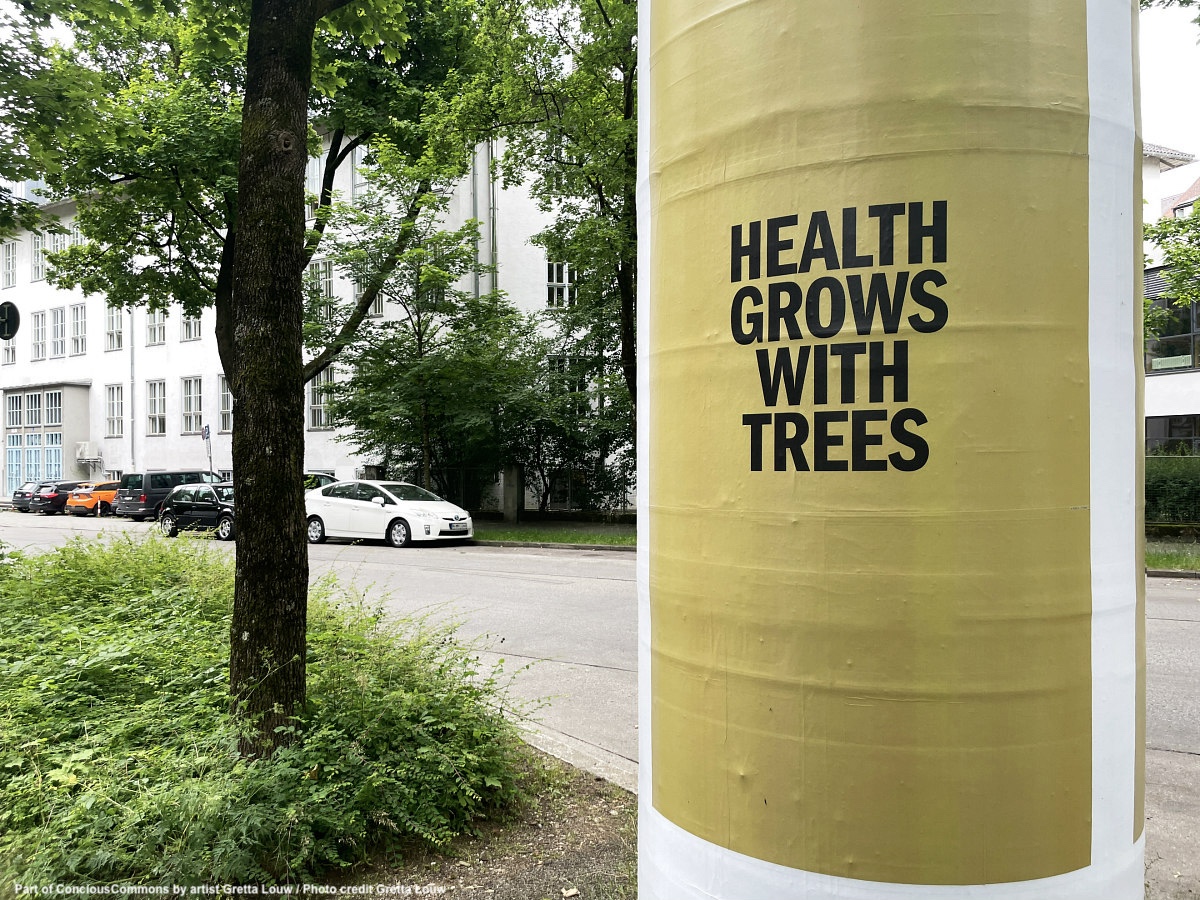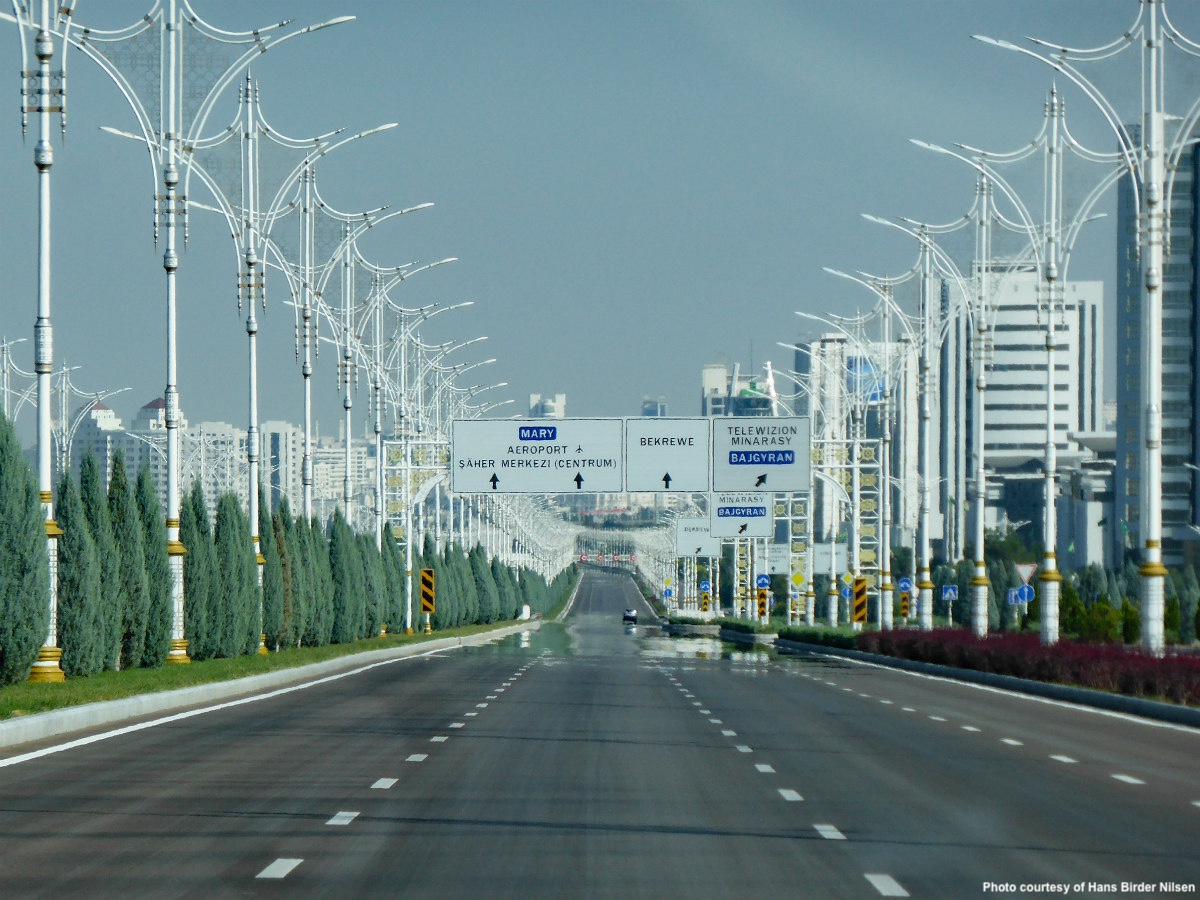The New York Times has launched a Primal Scream Line, 212-556-3800, where the floor is yours to yell, laugh, cry or vent, for a solid minute. Social life at restaurants, bars and nightclubs have been restricted with the corresponding psychological impact. For many, the shutdown of nightlife has left a significant vacuum in our cities. Then night culture is much more than partying at a dance bar or a music venue, but rather where the expression of oneself evolves into music, dance, sexuality, fashion…The pandemic has emphasized the social value of nightclubs, where culture unfolds.
Experiencing happiness on the dance floor is the consequence of higher levels of oxytocin release. But a less academic explanation is that nightclubs are also a gateway to another world. Being able to disconnect, to elude reality, and feel socially uninhibited are part of the appeal for nightculture consumption. It is in this mental interlude of intense experiences where also DJs, music producers, artists find inspiration.
At these microcosmos minority cultures ideally intermingle with the mainstream under one roof, on the dance floor, and so nightclubs become hotbeds of creativity and breeding grounds of contemporary culture.

However, nightlife can have a flip-side. In 2014 the city of Amsterdam was attracting so many visitors to its nightclubs, that even local residents in the famously open-minded city were overwhelmed. As a consequence, the municipality imposed curfews on the grounds of safety, threatening nightlife’s existence. Fortunately, the creation of a Night Mayor with a pioneering character changed the game in Amsterdam.
‘When we first started we had to convince city officials to put nightlife on the agenda and to take the bold step of acknowledging the social value of nightclubs. We worked with the City Council together on specific solutions that proved right and so we gave nightlife a voice at municipality’s decisions,’ explains Ramon de Lima, chairman of Night Mayor Foundation in Amsterdam (Nachtburgermeester).
Activism on the dance floor. The social value of nightclubs
Nearly seven years later, the lines between the Night Mayor and city officials are really short based on a healthy cooperation and dialogue. With no executive power, the Night Mayor’s success relies on its independence from the nightclubs and the municipality. They can be critical with new policies and propose new ideas, although it is up to politicians to take these contributions and integrate them into comprehensive policy.
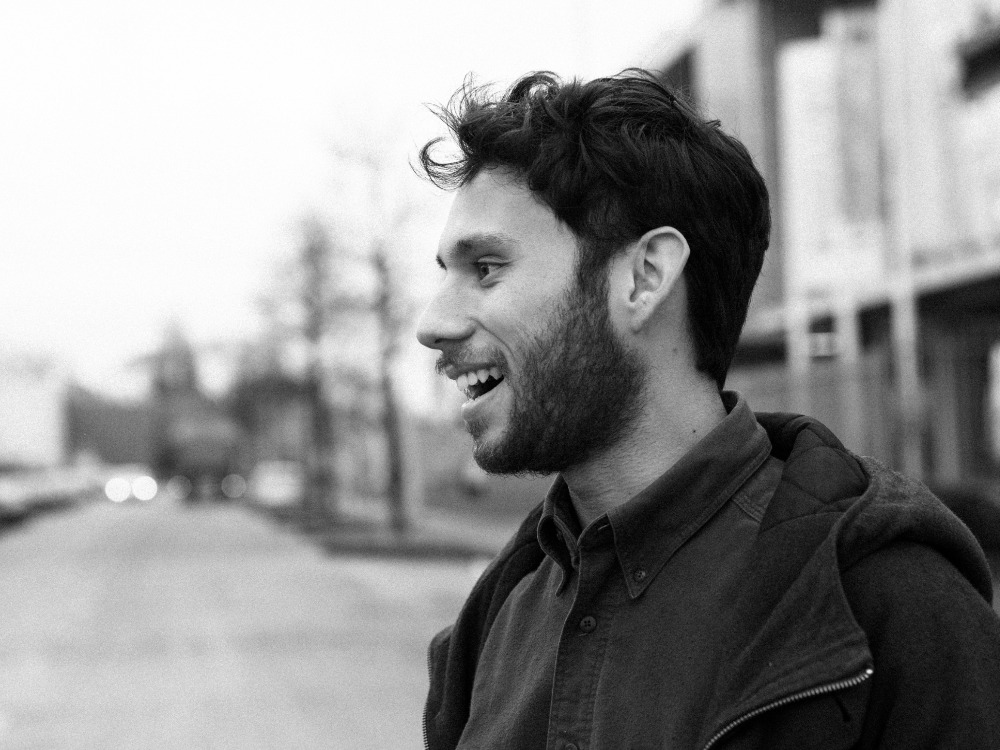
Nightculture is embedded in how the city functions and its development. Thus nightclubs, even flourishing in the cracks of the urban fabric, on empty lots and in vacant buildings, can also contribute to social inequality. Last Summer the Amsterdam club De School, located in the racially mixed neighbourhood of Amsterdam-West, had to address accusations of racism, bullying, racial profiling and sexual harassment.
Following on its vision of the night, The Night Mayor is working with nightclubs to recognize their responsibility to contribute to a diverse, social and ethnically inclusive night.
If a club believes in inclusivity but it doesn’t really work on a transparent policy then those promises are empty. The challenge here is, though, that most of the clubs want to be more inclusive, but as soon as it costs money or they have to invest more time then it stops being their priority. But in fact, it should be as important as fire safety, suggests de Lima.
The program Chicks on a Mission, also in the format of a conference in 2017, has raised awareness on the issues of sexism and safety for women at nightlife and solutions around cross-border behavior and unequal treatment in the music industry.
‘We want to give more visibility to women in the nightculture and provide safe spaces for all kinds of people, no matter the gender, queer people, and people with less financial resources who feel nightlife is not for them. We have created a project called Club Ethics. To this end, we give nightclubs the tools and guidelines to create safer environments where people feel more included’, explains de Lima.
The conflict of freedom. How far can you go on the dance floor?
Working on policies at nightclubs could at first be seen as a try to put the night in the straightjacket of conventions. However, freedom can only take place in an environment where people aren’t caught up in a fear of being themselves. Only this spirit can stimulate and push boundaries; creating a nightculture that distinguishes itself from other forms of culture in daylight.
Understanding freedom starts with early educational policies to respect women and to normalize race. You can be free while taking part in everybody’s freedom, says de Lima.
The Night Mayor recommends clubs to be very explicit and absolutely honest with themselves and others. The freedom of transparency makes visitors feel they can speak to security looking for help if they experience sexual harassment or a racist incident. They create an environment of safety to be recognized by people.
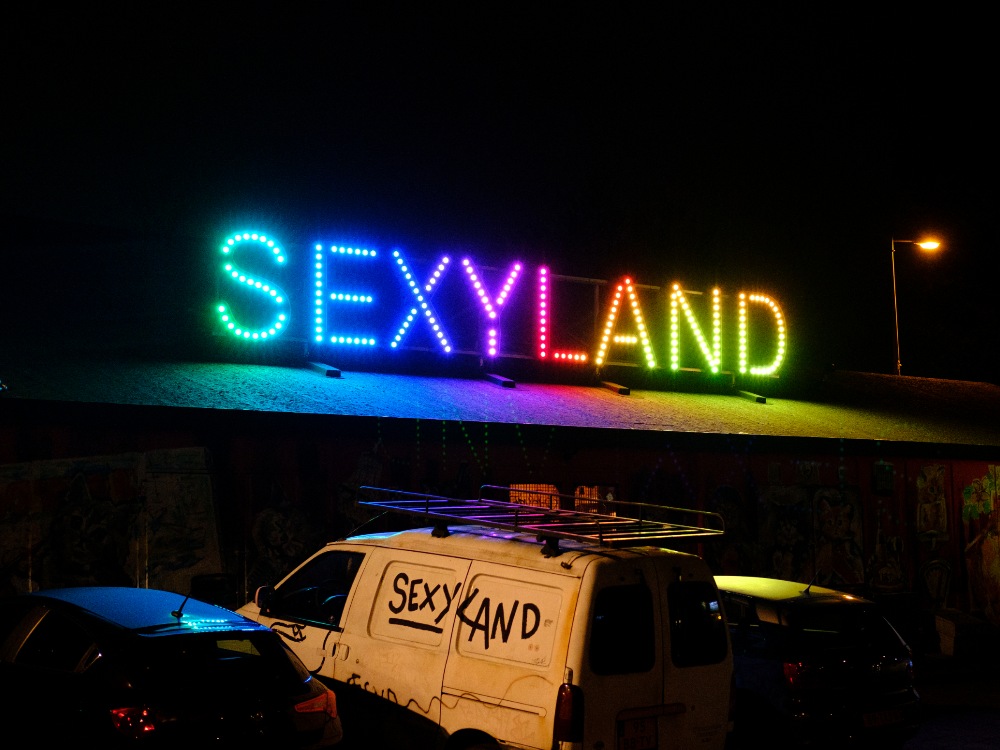
‘It is very important to be critical of yourself. Sometimes nightclubs experience racism episodes, but the club’s management sees it as a unique incident rather than part of a bigger problem. Yet quite often reality looks very different. Inclusivity starts with the club’s own team. This change of mentality is not happening overnight. We are talking here of a bigger movement of change.’ says de Lima.
Have you ever been rejected from entering a club?
It is midnight in Berlin, before the pandemic, and people are nervously queuing at Berghain, one of the coolest nightclubs in the city. Getting inside follows a rigorous non-written ‘policy’. If somebody is rejected, can he or she appeal to inclusivity?
‘Some clubs use a door policy; it is difficult but important to create safety inside’, argues de Lima. ‘That is why it is so relevant to address visitors’ expectations with a transparent policy at the door. Sometimes doorhosts refuse people because they felt somebody is not open-minded about what is going on inside the club. It is important to have a conversation with the visitor and explain the reasons why this night might be not for you. It is all about human beings. Good doorhosts usually make good decisions.’
In an interview by Arte of Sven Marquardt, best-known doorhost of Berghain, he said: ‘If only artists with their blown-up egos like mine would go inside the club, then it would never work out.’
‘You mix different ingredients to have a great salad,’ says de Lima. ‘In Amsterdam there is a strong guest-list culture for friends from the organization and dj’s. We are telling the management of those events to offer the possibility of a discount for people who can’t afford the entrance to indicate their sense of belonging to their city’s nightlife. The night can be expensive.’
If cities want to create nightclubs which are melting pots nurturing creativity, connections between the bottom up and top down structures are vital; without forging these connections, a creative and thrilling nightculture becomes impossible.
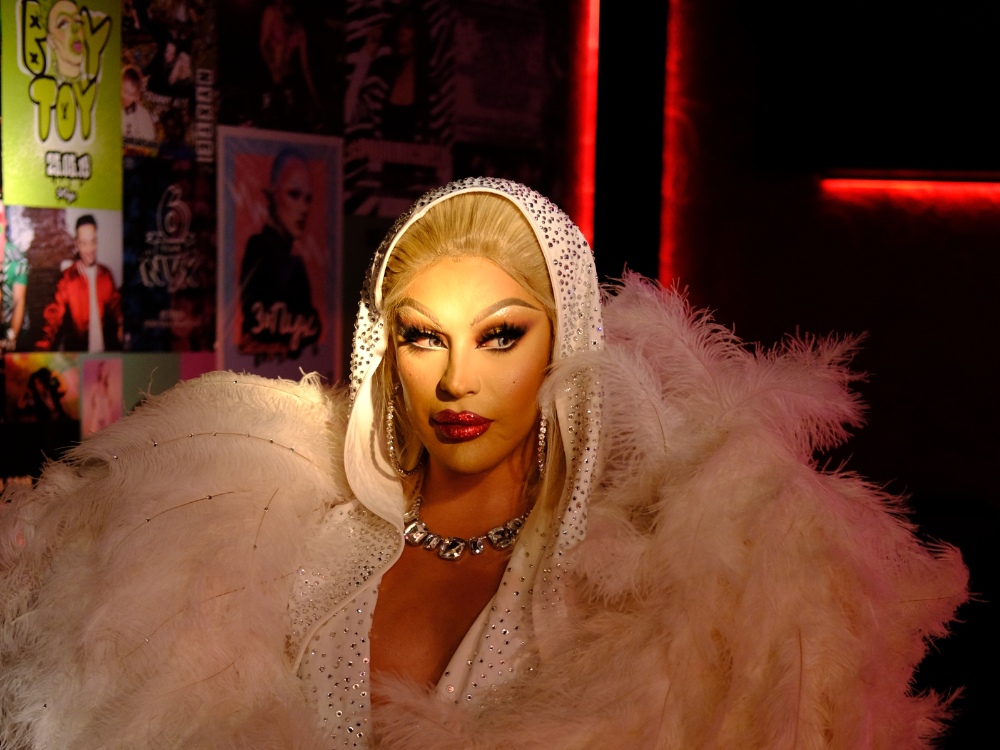
‘Quality and substance should be the principles leading those who shape nightlife, not haughty furniture or expensive champagne’, reads the purpose of The Night Mayor Foundation. ‘The facts and a sense of vision should determine the policies of the City Council concerning nightlife, not the emotions of a singular group’.
As we spoke the Dutch Government had just announced its willingness to find pragmatic solutions to reopen dance floors despite coronavirus, after Dutch clubbers took part in a music event designed to aid decisions.
‘Since the first outbreak of the pandemic, Amsterdam’s nightlife has come to a screeching halt’, explains de Lima. The Night Mayor Foundation launched its solidarity project United We Stream to broadcast DJ sets, live talks and art performances with the objective to change the perception of nightlife and collect donations for the clubs, organizations and workers who are in dire need of our support.
‘While operas, theaters and concert halls have always been recognized as part of the culture, music clubs struggle to be considered a full part of culture as a matter of course’, claims the project WeAreEurope committed to the recognition of the club culture.
The psychological toll of the pandemic is unprecedented. The social value of nightclubs and of a thriving nightlife has become undoubtedly clear to keep cities inclusive and mentally healthy.
We can’t wait to hit the nightclubs and dance floors again as a diverse and inclusive experience. Nightclubs will do their part to raise their voices against homophobic, sexist and racist overtones because the night belongs to all of us.
